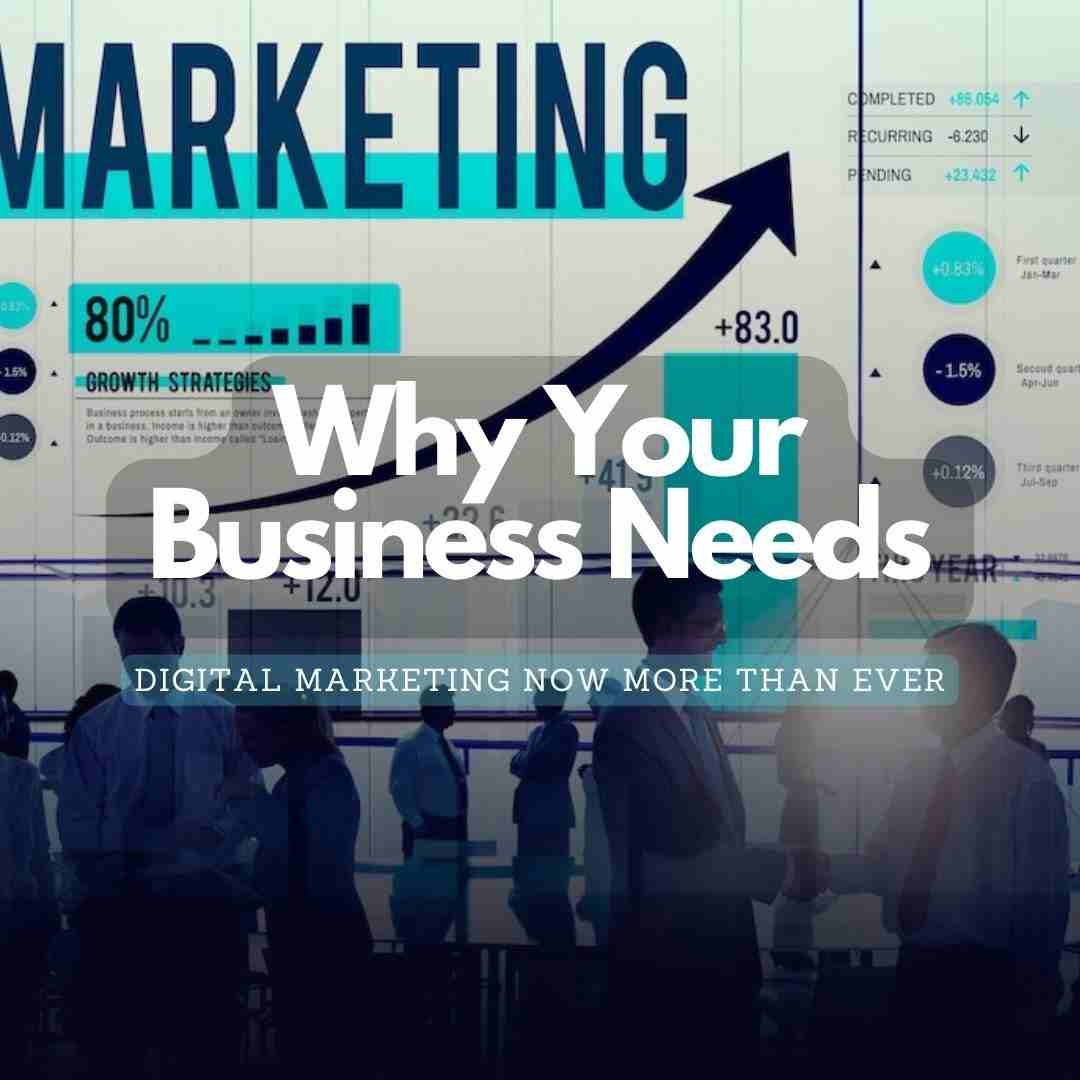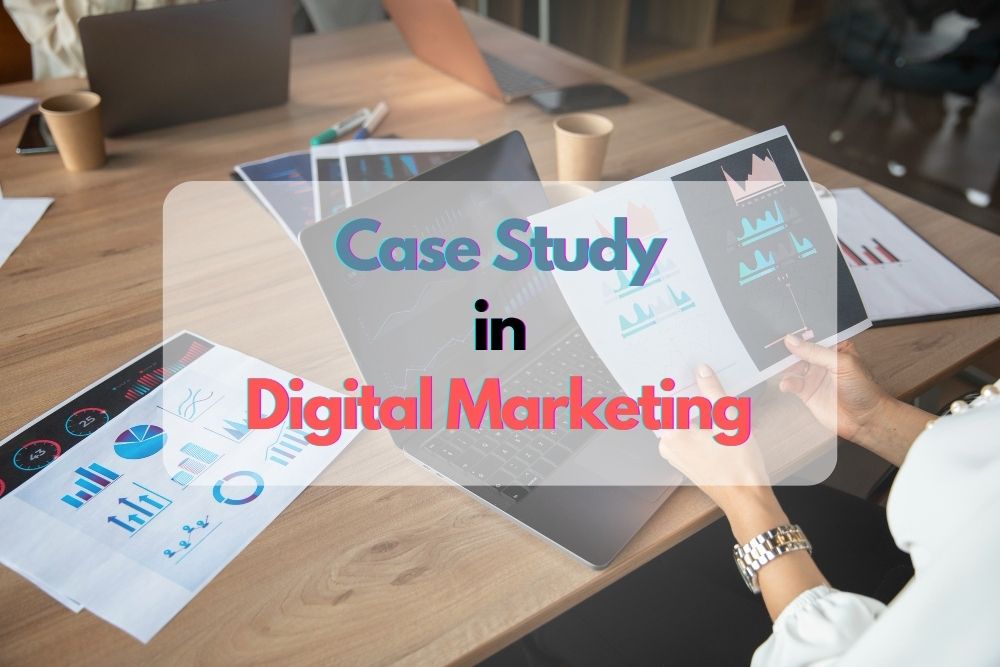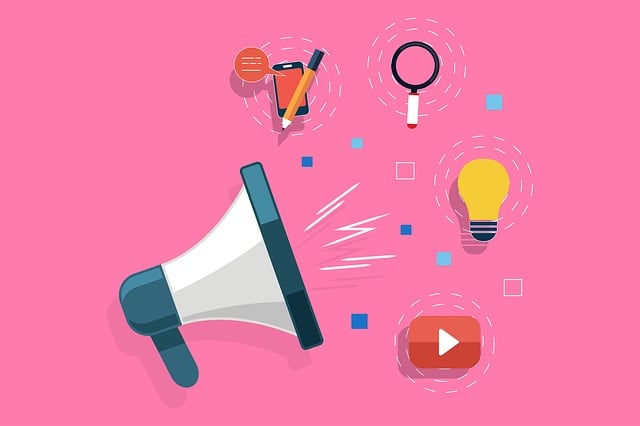What is a Podcast and How Does It Work?
A podcast is a type of digital media that consists of audio files that can be downloaded or streamed online. Podcasts usually have a theme or topic and are often hosted by one or more people who share their opinions, insights, stories, or interviews. Podcasts can be accessed through various platforms, such as websites, apps, or directories. To listen to a podcast, you need a device that can play audio files, such as a smartphone, tablet, computer, or smart speaker. You can also subscribe to podcasts that interest you, and receive notifications when new episodes are available.
A podcast is a type of digital media that consists of audio files that can be downloaded or streamed online. Podcasts are usually episodic, meaning they have a regular schedule and a theme or topic. Podcasts can cover a wide range of subjects, such as news, education, entertainment, sports, business, and more.
Podcasts are different from radio shows in that they are not broadcast live, but rather recorded and edited beforehand. This allows podcasters to have more control over the content and quality of their podcasts. Podcasts are also more accessible than radio shows, as they can be listened to anytime and anywhere, as long as you have an internet connection or a device that can play audio files.
How does a podcast work? The basic steps are:
1. A podcaster creates an audio file using a microphone, a computer, and software for recording and editing. The audio file can be in various formats, such as MP3, WAV, or AAC.
2. The podcaster uploads the audio file to a hosting service, which is a platform that stores and distributes the podcast files. Some examples of hosting services are Podbean, Buzzsprout, and Anchor.
3. The hosting service generates a feed for the podcast, which is a file that contains information about the podcast and its episodes, such as title, description, artwork, and links to the audio files. The feed is usually in RSS or XML format.
4. The podcaster submits the feed to various directories and platforms, such as Apple Podcasts, Spotify, Google Podcasts, and Stitcher. These platforms allow listeners to discover and subscribe to podcasts.
5. Listeners can access the podcast episodes by using a podcast app or a web browser. A podcast app is software that allows listeners to download or stream podcasts on their devices. Some examples of podcast apps are Overcast, Pocket Casts, and Castbox.
6. Listeners can also interact with the podcaster and other listeners by leaving ratings, reviews, comments, or feedback on the platforms or on social media.
Podcasts are a popular and convenient way of consuming information and entertainment. They offer a variety of benefits for both podcasters and listeners, such as:
- Podcasts can help podcasters share their knowledge, opinions, stories, or passions with a global audience.
- Podcasts can help listeners learn new things, stay updated on current events, be entertained, or be inspired by different perspectives.
- Podcasts can foster a sense of community and connection among podcasters and listeners who share similar interests or values.
- Podcasts can provide opportunities for podcasters and listeners to monetize their content or support their favorite creators.
If you are interested in starting your own podcast or listening to some podcasts, there are many resources and guides available online that can help you get started. Podcasting is a fun and rewarding way of expressing yourself and engaging with others.
Share This Post
Tags
PodcastRelated Articles
Why Your Business Needs Digital Marketing Now More Than Ever
Discover why your business needs digital marketing now more than ever. This comprehensive guide explains the strategies and benefits that will propel you ahead of the competition in the digital landscape.
What is a Case Study in Digital Marketing?
A case study in digital marketing is a detailed analysis of a specific campaign, strategy, or tactic that a company or organization has implemented to achieve its goals. A case study typically includes the background, objectives, challenges, solutions, results, and lessons learned from the project. A case study can help showcase the effectiveness, creativity, and value of digital marketing to potential clients, partners, or stakeholders.
What is Webinars and How to Do That
Webinars are a great way to showcase your expertise, engage your audience, and generate leads for your business. They can also help you establish trust and credibility with your potential customers, and provide value to your existing ones. Webinars can be delivered live or recorded, depending on your goals and preferences. In this article, we will share some tips on how to plan, create, and host a successful webinar that will boost your brand and sales.
Sales Unleashed: Mastering the Art of Selling Digital Services and Products!
Discover the fundamentals of sales and how to effectively market digital services and products. This comprehensive guide will turn you into a sales pro in no time!
Social media marketing (SMM)
Social media marketing (SMM) is the use of social media platforms and websites to promote a product or service. SMM can help businesses reach new customers, increase brand awareness, and improve customer loyalty. SMM involves creating and sharing engaging content, such as posts, videos, images, and stories, that attracts and interacts with the target audience. SMM also requires monitoring and analyzing the performance of the social media campaigns, using tools such as analytics, insights, and feedback. SMM can be a powerful and cost-effective way to grow your business online.
Related FAQ
No related FAQ.
Say Hello
To Your Dream





